Why ROI Matters in Digital Marketing Strategies?
In today’s digital world, every business, irrespective of its size, is competing hard to get the competitive edge. Internet and digital tools have transformed marketing, creating an entire new field for businesses to address their target market. It can sometimes be tough to determine whether the efforts being invested are actually paying off given the sheer multitude of options available. How do we know whether or not we’re really getting what we’re paying for in digital marketing? Let’s get back to the answer that will make marketers’ lives complete: Return on Investment, or ROI.
What is ROI in Digital Marketing?
Simply put, ROI measures profitability against the cost of an investment. In digital marketing, it’s understood as the calculation of how much revenue a campaign generates compared to its cost. The formula is simple: ROI = (Revenue from Campaign – Cost of Campaign) / Cost of Campaign. That way, businesses can get a real number of the benefit derived from the efforts in this new arena.
Still, ROI in digital marketing is about more than simple financial returns over some limited period. Digital marketing also looks at long-term benefits such as brand visibility and customer loyalty plus market positioning. The beauty in digital marketing comes in the aspect of capturing live data, with businesses making effective decisions that support performance.
Why is measuring ROI important?
With an understanding of the ROI, the effectiveness of marketing becomes clear. It is flying blind without measurement. The beauty of digital marketing lies in the depth of data offered. Using analytics provided by Google Analytics, social media insights, and email campaign reports, businesses track performance metrics real-time. Still, the issue is that a lot of that data has to be translated into meaningful, actionable insights.
Another good reason to calculate ROI is ensuring that your money is being well spent. In case a campaign isn’t generating ROI, it’s important to be aware of it as early as possible and adjust the resources toward more successful streams. On the other hand, knowing which strategies are working enables companies to amplify and optimize those channels for maximum return. Finally, ROI is an indicator of performance for future marketing campaigns, thus providing useful information on how to make improvements.
In a competitive environment, digital marketing campaigns sometimes necessitate huge budgets. Without calculating the ROI, it is not hard for firms to fall prey to investing in strategies that produce no significant result. Whether paid ads, influencer marketing, or organic social media strategies are in play, measuring ROI ensures investment in the proper channels and strategies delivering tangible results.
ROI is more than a number; it’s a benchmark indicator reflecting the general health and effectiveness of any kind of digital marketing strategy. Although the measurement of ROI is necessary in the evaluation of profitability of each campaign, what adds greater value is the way it informs future strategy work. With ongoing tracking, businesses can hone their strategies to align their marketing spend right. ROI is ultimately a tool for success measurement but also for steering the course of future growth in the digital space.
With regular measurement of ROI, businesses affirm the effectiveness of their marketing campaigns and proactively move forward to enrich their strategy. In this way, every dollar spent will contribute to sustainable long-term success.
Enquiry
Recent Updates
- 12 February 2025
- 12 February 2025
- 12 February 2025
- 12 February 2025
- 12 February 2025
- 12 February 2025







